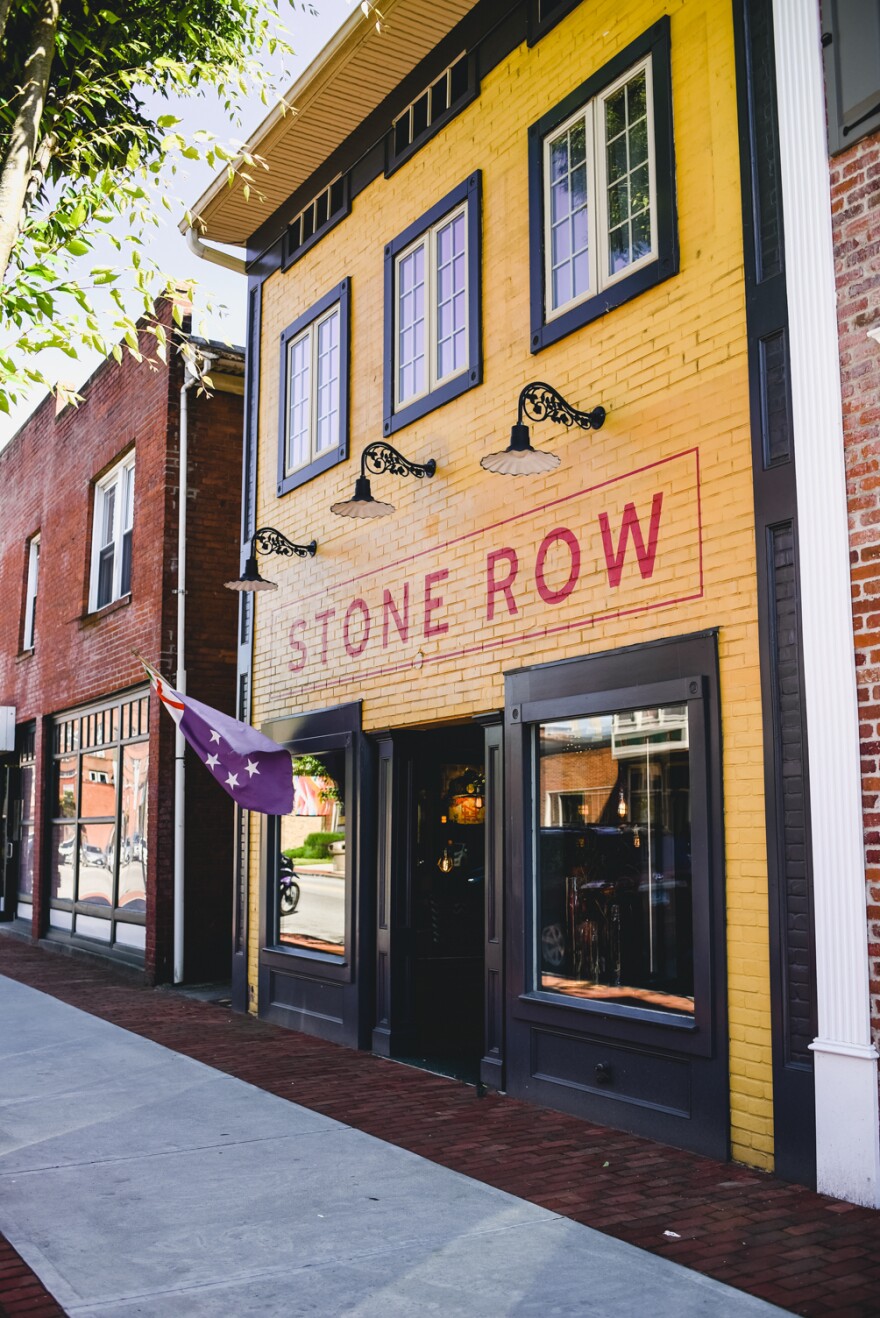The Connecticut Restaurant Association wants the state to create a “hospitality fund” to help tourism, workforce, and local economic development recover from the pandemic.
Under the proposal, the state would leverage its existing 1% food and beverage tax that generated more than $90 million last year for the state’s general fund.
“This is a commonsense plan to support state tourism, local economies, small businesses and our hospitality workforce,” Scott Dolch, president and CEO of the Connecticut Restaurant Association, said in a statement. “ It would aid an industry in need, supporting small business owners and their employees, while simultaneously stimulating local economies throughout our state.”
About half of the funding would be distributed to cities and towns based on revenue through the meals tax. The rest would be split between the state Office of Tourism and for workforce development in the hospitality industry.

“Now, it’s time to create a permanent tool to support and grow an industry that serves as the backbone of local economies throughout Connecticut,” Dolch said.
Over 22,000 hospitality jobs and around 1,000 Connecticut restaurants were lost during the pandemic, according to the association.
Andy Gutt, the president of the Willimantic Downtown Neighborhood Association, said UConn and Eastern Connecticut State University have also helped to re-energize the food industry.
“There’s a lot of Chinese students now at UConn and International students and as a result there’s been an influx of really authentic Chinese food, not Chinese American food, but food native to the different regions of China popping up in Storrs and to be able to make that connection in the future years to really see the global cuisine that’s popping up here,” he said. “I’d really like to sink my teeth into that.”

Gutt, who is also owner of Stone Row Kitchen and Bar, after COVID closed down the restaurant industry, they’ve had to be innovative if they were to survive.
“Many of us had to close our dining rooms and even once we were allowed to reopen our dining rooms the inflow of customers was nothing like it use to be. Supply chain issues, staffing issues, inflation, the list would go on,” he said. “So, to turn a negative experience into a positive one: Taste2Towns was born.”
Taste2Towns, based in Willimantic and Mansfield, offers residents special deals, like a ‘prix fixe’ menu, to help restaurants bounce back from COVID without patrons breaking the bank. The event, now in its second year, has doubled the number of restaurants participating.


